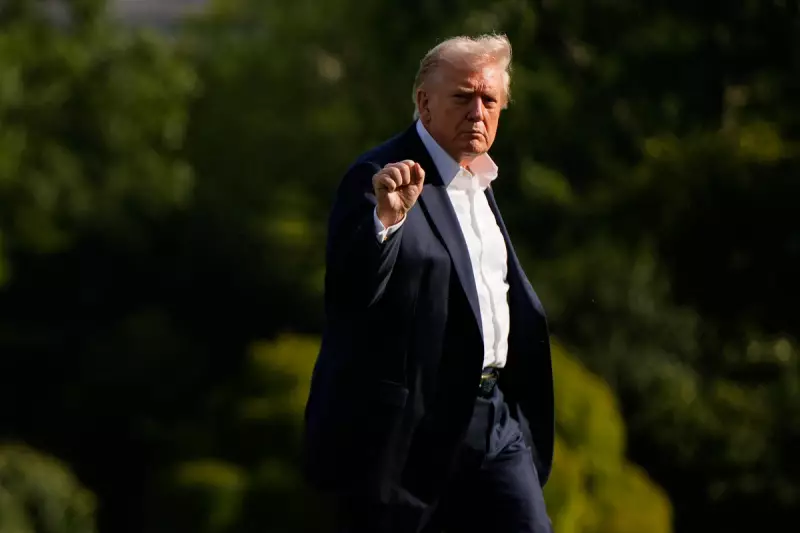
In a dramatic legal confrontation that could redefine presidential powers in America, Donald Trump is taking his fight for immunity to the nation's highest court. The Supreme Court has agreed to hear arguments that will determine whether the former president can be prosecuted for his actions surrounding the 2020 election.
The Immunity Argument
Trump's legal team contends that a president must enjoy absolute immunity from criminal prosecution for official acts undertaken while in office. This sweeping claim represents one of the most significant tests of presidential power in modern American history.
The case stems from special counsel Jack Smith's investigation into attempts to overturn the 2020 election results. Prosecutors argue that no one, not even a president, is above the law when it comes to criminal conduct.
Timing and Political Implications
The Supreme Court's decision to hear the case in late April creates a tight timeline that could push any potential trial dangerously close to the 2024 presidential election. Legal experts suggest this scheduling could work to Trump's political advantage, potentially delaying proceedings until after voters head to the polls.
This development follows the DC Circuit Court of Appeals' unanimous rejection of Trump's immunity claim earlier this month. The three-judge panel, including two Biden appointees, delivered a stark rebuke to the former president's arguments.
Broader Constitutional Questions
Legal scholars are watching closely as the case raises fundamental questions about the balance of power in American democracy. The Supreme Court's eventual ruling could establish precedent affecting all future presidents and their accountability after leaving office.
The court's conservative majority, including three Trump appointees, now faces one of its most politically charged cases since Bush v. Gore in 2000. Their decision will likely have profound consequences for both the upcoming election and the long-term interpretation of presidential authority.
As the legal battle intensifies, Americans await a ruling that could reshape the understanding of executive power for generations to come.






